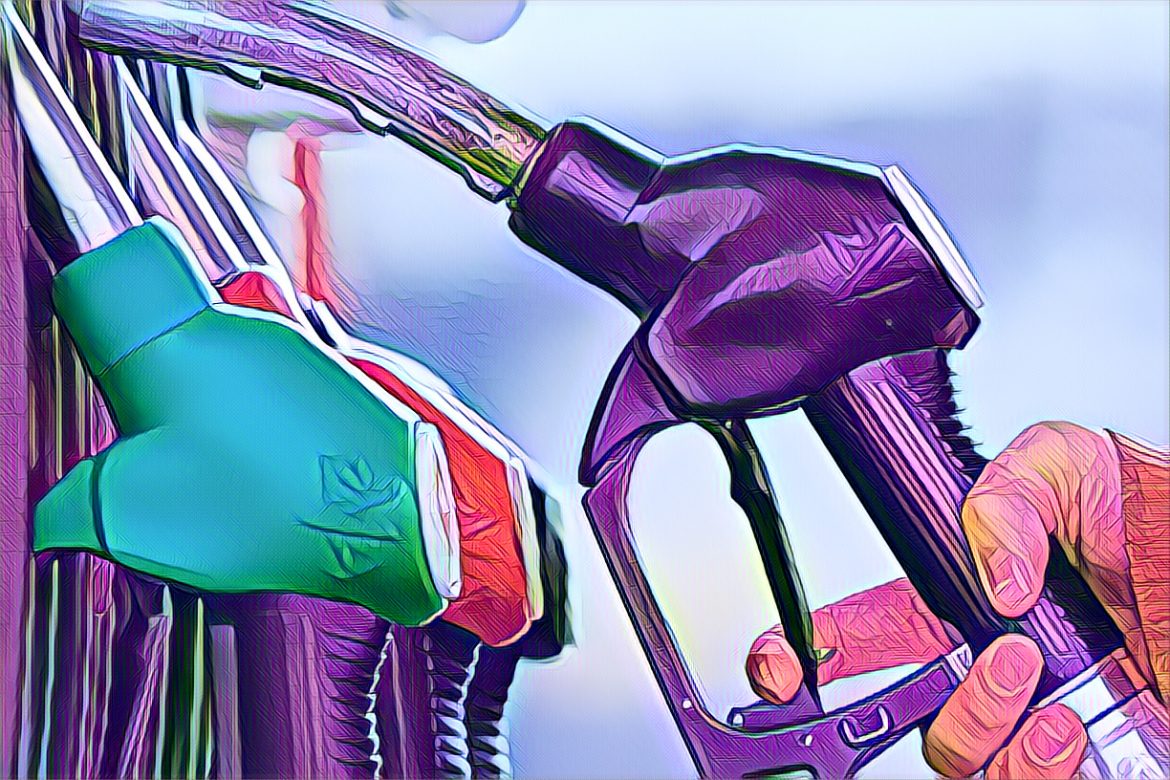The recent reintroduction of the petrol subsidy has raised significant concerns among economists and analysts. This move contradicts previous statements by government officials who had affirmed that the subsidy had been eliminated. Economists and analysts fear that this change in policy could have a negative impact on the country’s credit rating, potentially deterring international investors and affecting bond markets. These are crucial factors for Nigeria to achieve its ambitious goal of reaching a $1 trillion economy by 2030.
A credit rating measures the creditworthiness of a nation or organization, indicating the likelihood of it repaying its debts. This rating significantly influences investors’ perception and confidence in the stability of a country’s economy. Damilare Asimiyu, a macroeconomic strategist and head of investment research at Afrinvest West Africa Limited, has expressed concerns that reintroducing the subsidy could lower Nigeria’s credit rating. He explained that this might hinder Nigeria’s ability to competitively raise funds in the Eurobond market, resulting in less favorable terms for its financial instruments.
The situation became more concrete when Wale Edun, Minister of Finance and Coordinating Minister of the Economy, presented a draft of the Accelerated Stabilisation and Advancement Plan last Wednesday. The report unexpectedly projected that Nigeria would spend up to N5.4 trillion on petrol subsidies in 2024, a significant increase from the N3.6 trillion in 2023 and N2.0 trillion in 2022, surprising many and contradicting previous government statements denying the existence of a subsidy.
The confusion increased the following day when Bayo Onanuga, the President’s Special Adviser on Information and Strategy, dismissed the document as unofficial and under review. He restated the government’s stance that the fuel subsidy regime had ended, as President Bola Tinubu declared on May 29, 2023, and that there was no allocation of N5.4 trillion for 2024.
The ongoing debate has created uncertainty among investors and analysts. Muda Yusuf, the chief officer of the Centre for the Promotion of Private Enterprise, emphasized the importance of transparent disclosure regarding the fuel subsidy to stabilize prices and provide clarity in the economic landscape. “If there is no subsidy, it’s not feasible to maintain stable prices for almost a year when all the factors affecting prices are fluctuating,” Yusuf stated.
Adding to the growing concerns, Ayokunle Olubunmi, head of Financial Institutions Ratings at Agusto & Co, criticized the current administration’s handling of information. He highlighted that poor information management could undermine investor confidence, which is crucial for attracting foreign investments.
Notwithstanding these obstacles, major rating agencies have modified their assessments of Nigeria’s economy in the last several months. Because of the government’s continuous reform plan, which projected improvements in growth and fiscal results, Standard and Poor’s (S&P) revised its outlook from negative to stable in August. Reversals in the fiscal deterioration might be brought about by government initiatives, according to Moody’s and Fitch, who also upgraded their outlooks from stable to positive.
The persistent uncertainty surrounding government policy, according to research economist Israel Odubola of Lagos, could cause investors to become wary and reluctant to commit capital to Nigeria. According to him, investors are probably moving to other African economies, including Angola, as a result of this mistrust.
In addition, research indicates a sharp increase in the actual cost of gasoline. Premium Motor Spirit (PMS), popularly known as gasoline, had an 88 percent increase in landing costs from N545.8 per liter in May 2024 to an average of N1,026.7 per liter in May 2024. The government’s assertions of eliminating subsidies are sharply contradicted by these numbers, which heightens the controversy about the government’s economic policy sincerity and transparency.
Dairy Hills CEO and economist Kelvin Emmanuel expressed amazement at the government’s contradictory claims as well as the understated amount of gasoline use, which he estimates to be no more than 35 million gallons per day. The financial effects of the subsidies may become even more complicated as a result of this computation error.


